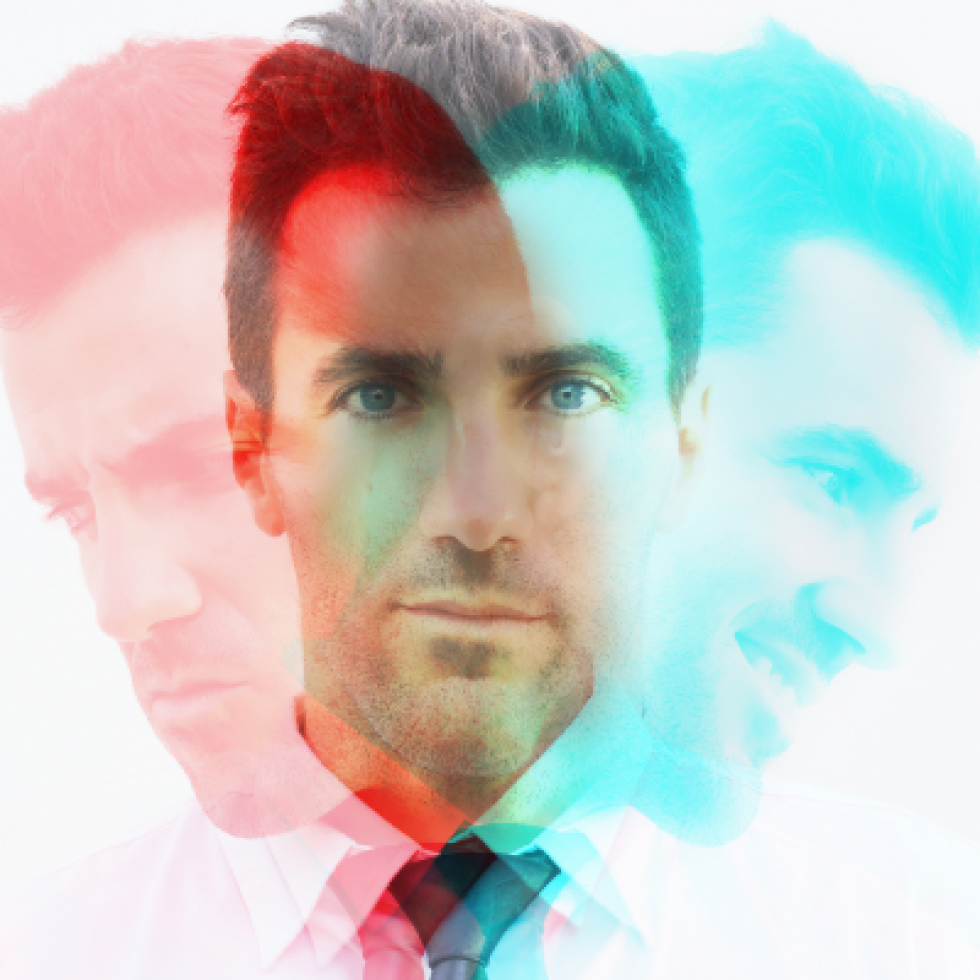“I base my decisions on facts, not on brands.”
Occasionally we hear this kind of statement from a CEO who claims that “branding doesn’t matter.” We smile as we watch him write with his Montblanc pen, check the time on a Rolex and send an email from his Apple iPhone—all while sitting in his Herman Miller chair. Not to mention the shiny BMW we spotted on our way into the office. Could that have been yet another logic-based decision?

The CEO isn’t lying. He truly BELIEVES that his purchase decisions are based in logic. The truth, however, is quite different. In his book, "How Customers Think: Essential Insights into the Mind of the Market," Harvard professor Gerald Zaltman explains that 95% of purchasing decisions are subconscious. And the biggest unconscious urge we have is emotion. We may use logic to justify our decisions to ourselves and others, but it is our feelings that ultimately control our purchase decisions.
No matter how many times we tell ourselves differently, we are all wired this way. In fact, research done by neuroscientists have shown that people whose brains are damaged in the area that controls emotions have difficulty making the most basic of decisions.
So what does this have to do with branding? Good brands meet us at the very moment our emotions intersect with our decision-making. Moment by moment, they appeal to our feelings and engage us in ways that build an emotional connection. These moments stick in our subconscious. And over time, we develop a brand preference that eventually causes us to act. Even Google—who makes billions from click-to-buy services and search-based ads—understands that the purchasing decision was made long before a customer finally clicks on an ad.
When the average person sees up to 10,000 advertisements per day, facts are easily forgotten. But a feeling is much more likely to persist amidst the noise. Companies that understand this phenomenon invest in their brands—and profit from it. Companies that don’t tend to bemoan their customers’ inability to see the “obvious” or blame their lack of sales on tactical choices (e.g. “we need to post more on Instagram”).
When you want people to engage with your product or service, branding is a powerful tool. But it can be tricky to build a brand that makes an effective emotional connection. At Big, we specialize in helping organizations discover their brand story, tell it in compelling ways, connect with the right audiences, and achieve organizational growth.
Because as much as that CEO likes to think he “thinks like Spock” from Star Trek, the circumstantial evidence (and the scientific data) indicates otherwise. And that’s a good thing. Because it makes the world more interesting—and it makes our day jobs a whole lotta fun.
Ben Gregory
Director of Strategy
